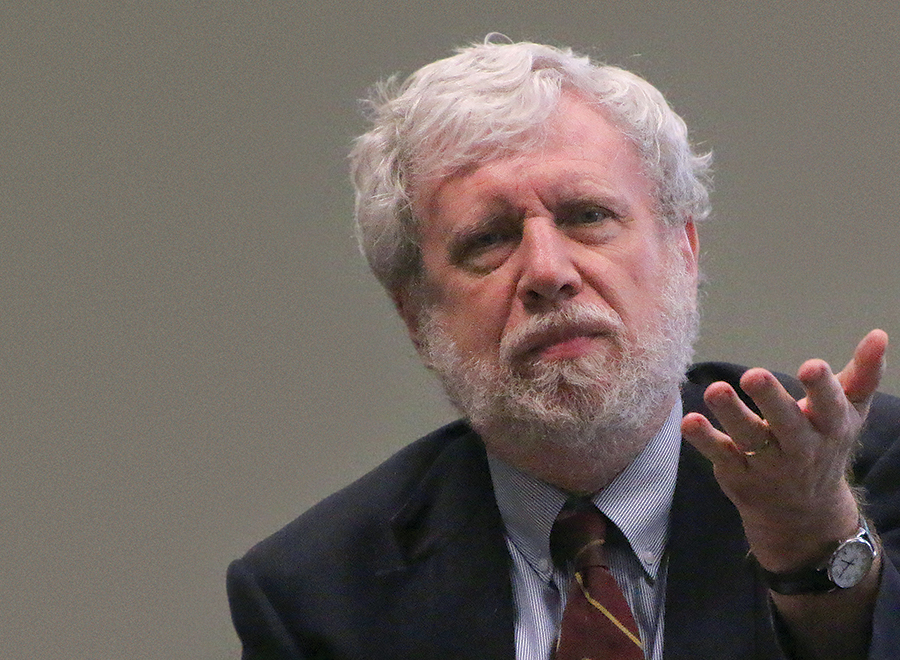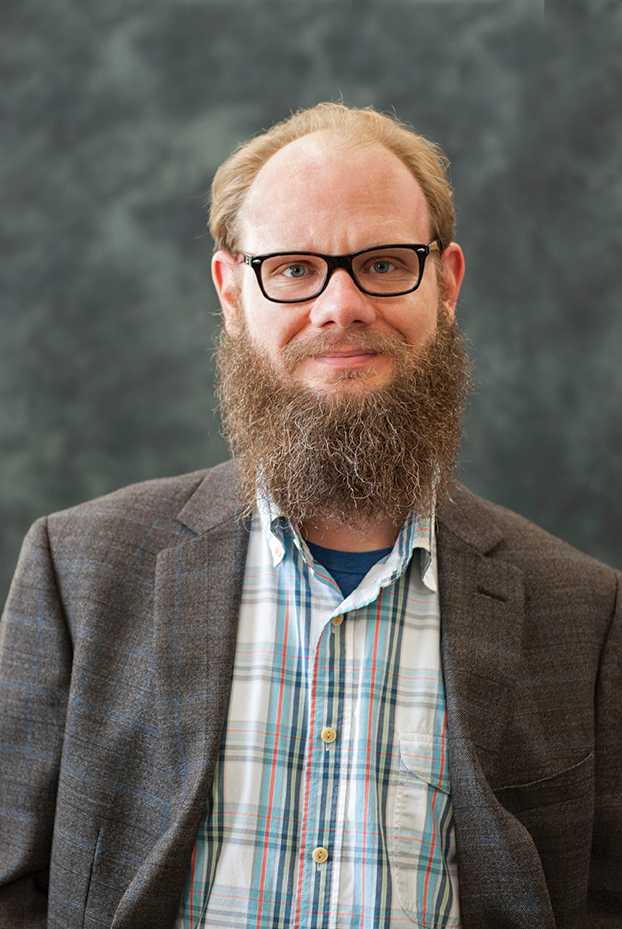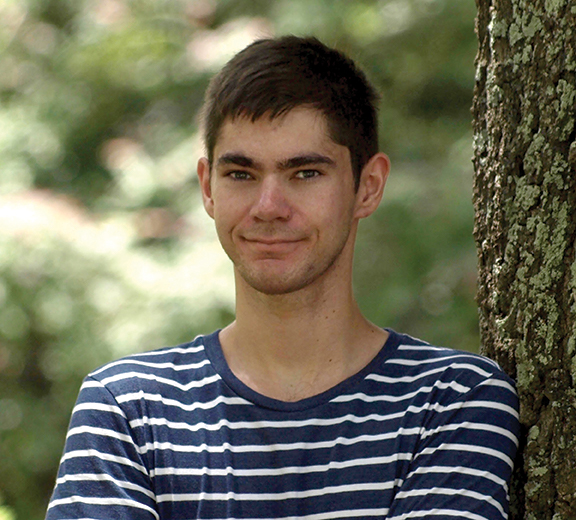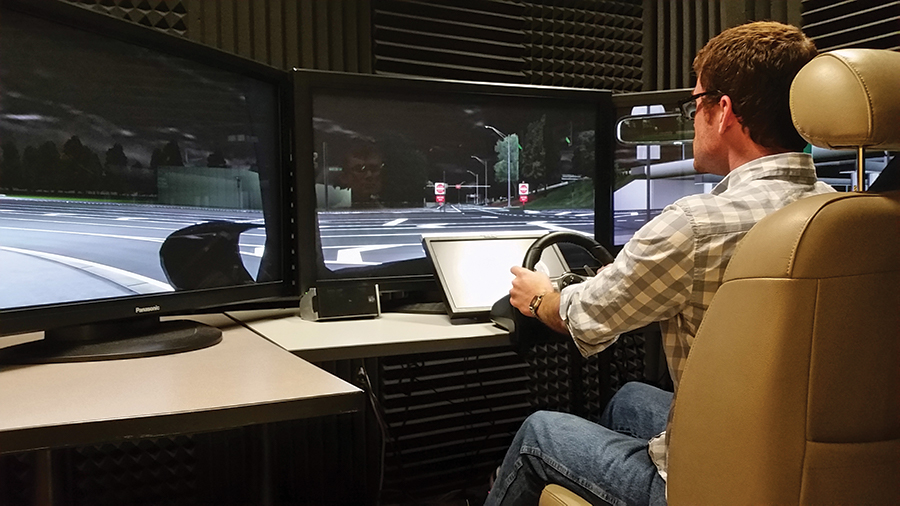Practice makes perfect
There’s an old joke that goes something like this: A tourist asks a musician, “How do you get to Carnegie Hall?” The musician answers, “Practice, practice, practice!”

Anders Ericsson. Courtesy photo.
Researchers in Florida State University’s Cognitive Psychology Program would add the word “deliberate” to that punchline and tell you the role deliberate practice plays in developing world-class expertise is no laughing matter.
The study of how people acquire expertise is one of the cornerstones of FSU’s program, which got a kickstart in 1992, when researcher, author, and “expert on experts” Anders Ericsson arrived in Tallahassee. Ericsson’s research had found that experts are made, not born, and that expertise is acquired through “deliberate practice,” or good, old-fashioned hard work, consistently applied.
Ericsson’s hiring as the Conradi Eminent Scholar Chair, the College of Arts and Sciences’ first endowed chair, was followed by the subsequent hires of Neil Charness, Rolf Zwaan and Mark Carrier, each of whom shared his interest in studying the acquisition of expertise.

Cognitive Psychology Program director Walter Boot. Courtesy photo.
“Cognitive psychology was seen as an area that was growing in importance. We were hired to establish a specialty in expertise research,” said Charness, now the William G. Chase Professor of Psychology and director of FSU’s Institute for Successful Longevity.
In the mid-1990s, FSU’s psychology department consisted of three main groups — clinical, physiological (neuroscience), and cognitive and behavioral science, or CBS. The Cognitive Psychology Program formed from within the CBS group and charged ahead on expertise research.
“Cognitive psychology is the scientific study of mental processes — how we learn, think, reason and remember,” said Walter Boot, the program’s director. “It’s concerned with uncovering the rules of the brain when it comes to thinking — the fundamental mechanisms of how the brain processes information — but also how an understanding of how we think can be applied to solve practical problems.”
From its beginnings, CPP has been geared toward providing independent research opportunities for doctoral students. The program currently includes 10 faculty members and 16 Ph.D. students.
“We provide great hands-on experience to our students,” said Boot, who joined the faculty in 2008 and whose research focuses on how to design technology to enhance the well-being and independence of older adults. “Our graduate program is apprenticeship-oriented. Students are conducting their own experiments and collecting data.”
That focus on mentorship and the chance to work with Ericsson himself brought Kyle Harwell to FSU in 2015.

Graduate student Kyle Harwell. Courtesy photo.
Ericsson — author of nearly 300 publications, co-author of “Peak: Secrets from the New Science of Expertise,” and adviser to coaches, corporate executives, and organizations from Cirque du Soleil to Google to the CIA — encouraged his students to propose their own research projects, like learning to juggle, to experience firsthand how expertise is acquired.
Harwell completed several such projects, including learning computer programming to do statistical analyses. He is currently attempting to learn to speak Mandarin.
“I started taking a serious look at the role practice plays in acquiring expertise earlier this year, and found it is taking 30 minutes to an hour a day to really learn a new skill,” Harwell said. “It’s more about doing regular small amounts of high-intensity practice.”
The Cognitive Psychology Program has evolved to include cutting-edge research into aging and cognition, conducted through the Institute for Successful Longevity and the Pepper Institute on Aging and Public Policy, and an emerging emphasis on cognitive neuroscience using the university’s MRI facilities and electroencephalogram, or EEG, technology to measure thinking, learning, memory and other brain functions.
“We’re a very collaborative and interdisciplinary program,” Boot said. “Our faculty members and graduate students collaborate not just with people from other areas within psychology, but with researchers at the medical school, Department of Sociology, Department of Computer Science, College of Education and College of Engineering. Some of the problems we want to solve are too big for one discipline.”

FSU’s driving simulator aids in cognitive psychology research. Courtesy photo.
Ericsson, who died unexpectedly in June at age 72, left a legacy that endures in the projects begun under his mentorship, the program’s ongoing research into expertise, and the spirit of collaborative inquiry he fostered.
“Anders was always interested in expert performance in different areas,” Charness said. “He was incredibly devoted to understanding at a very deep level what made people highly expert performers.”
